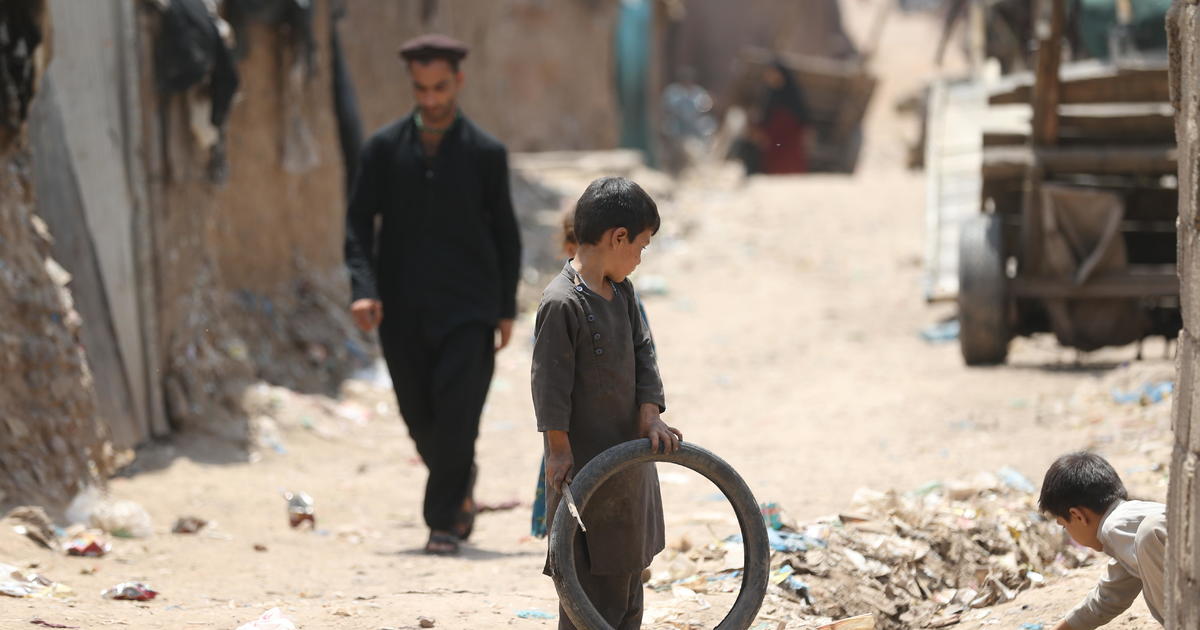
U.S. is rejecting over 90% of Afghans seeking to enter the country on humanitarian grounds
CBSN
Zaker Hussain told the U.S. government that his brother, Mohammad, was at risk of being harmed by the Taliban because of his own work at the Afghan presidential palace, his membership in the long-persecuted Hazara minority group and Hussain's role as a combat translator for the U.S. Marine Corps.
The former Afghan translator, whose war-time service helping Marines find and deactivate improvised explosive devices (IEDs) earned him U.S. resettlement and eventual citizenship, hoped the U.S. would allow his brother to enter the country on humanitarian grounds through a process known as parole.
Hussain explained in a signed affidavit that his brother — and his wife and young children — were in great danger because of his own years of working with the U.S.-backed Afghan government, as well as the assistance Hussain provided to the U.S. military in its fight against the Taliban.

Washington — President Trump will speak at an investment conference in Miami sponsored by Saudi government entities on Wednesday, an address that comes as the Trump Organization seeks to expand its real estate empire in Saudi Arabia and the president looks to strengthen ties with the Middle East partner.












